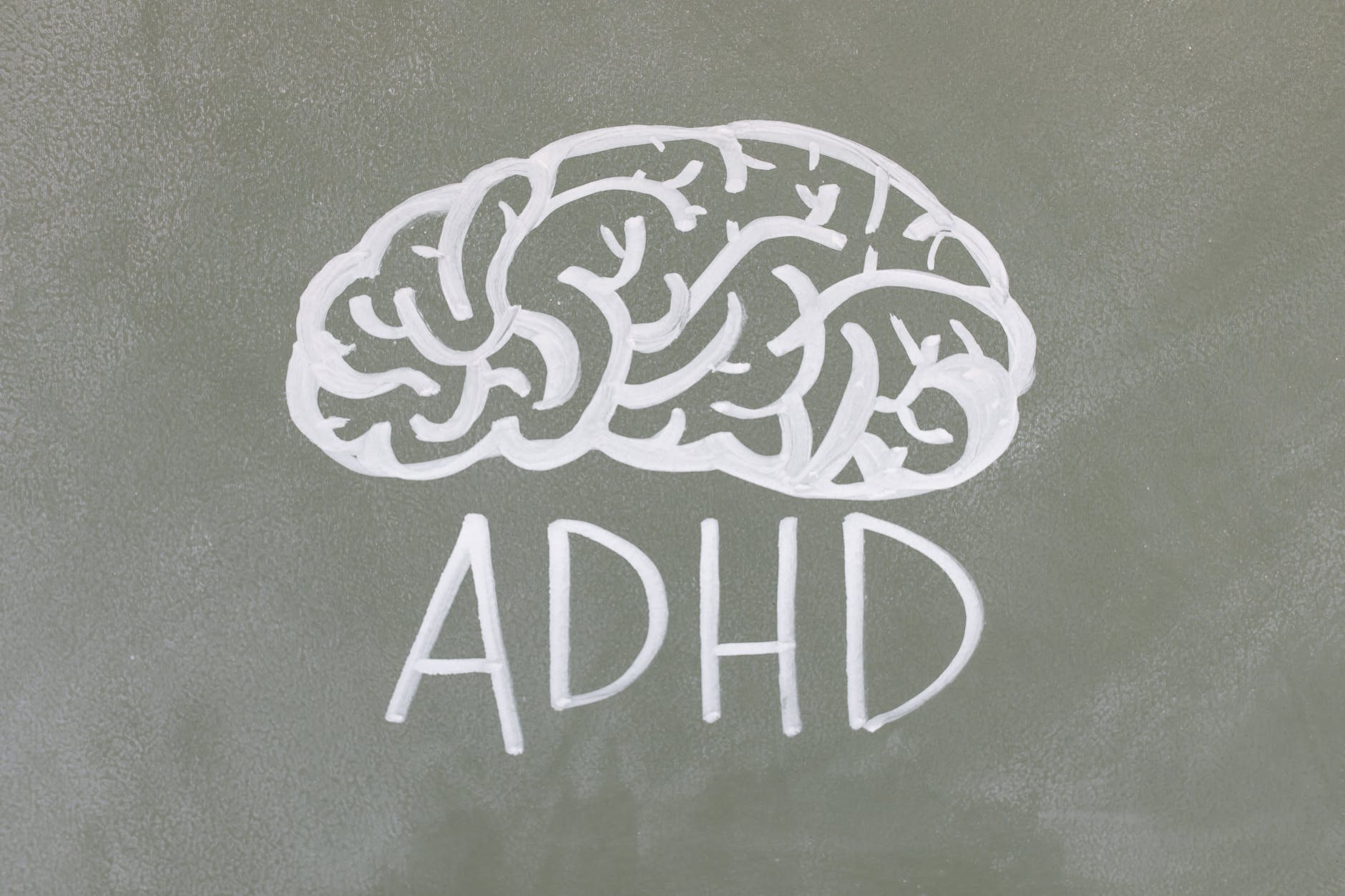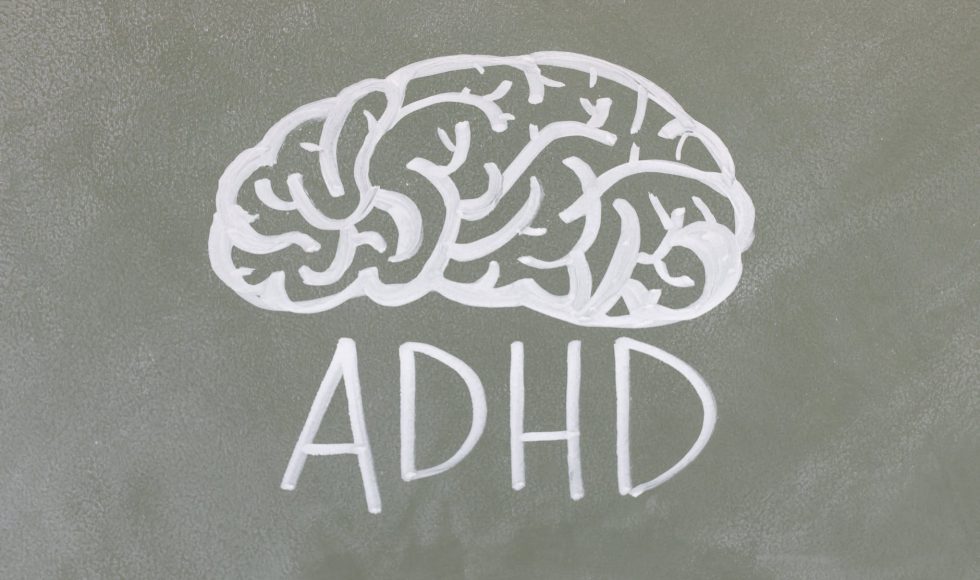Dr. Logan Gin was the moderator of the Online with LSE Webinar with Dr. Mariel Pfeifer on “Inside and Out: Factors that Support and Hinder the Self-Advocacy of Undergraduates with ADHD and/or Specific Learning Disabilities in STEM.”I remember watching this recording earlier but wanted to revisit it as I am going over recordings from this series. Pfeifer is now a postdoc with Dr. Erin Dolan. The study was part of an investigation on self-advocacy: “the identification, pursuit, and receipt of needed supports to access learning.” Pfeifer is trained in fungal genetics and STEM education. They studied self-advocacy in undergraduate STEM courses to learn about knowledge, beliefs, and behaviors of students with ADHD and/or specific learning disabilities in STEM. Pfeifer explained that the accommodation process in college is different in college from high school and self-advocacy is important for success in college. In this study, 25 STEM majors registered with the campus Disability Resource Center participated. Not all participants were currently using accommodations in their STEM courses. They interviewed participants and coded to consensus. Interestingly, the team included one or more members with ADHD! The results of this study identified internal and external factors that affect advocacy. Internal factors included identity: “participants underrepresented in terms of race and gender explained more challenges in self-advocacy.” External factors included peers, family, DRC, and peer comments were very influential. The logistics of accommodations were an external factor: avoiding “exam day reveal” and wanting to ask questions. Another external factor was the classroom environment. Instructors unfortunately generated barriers by discussing accommodations openly in front of peers and using dismissive language. Julie Stanton helped Pfeifer answer questions. Pfeifer mentioned previously being a DRC Coordinator! During the question and discussion session, Gin asked questions about the study and Pfeifer’s experience working with DRC. Pfeifer recommended that on the first day instructors should explain how they are open to talking and approachable to support all students. Pfeifer mentioned that participants with more positive perceptions of accommodations and their disabilities seemed to be related. Pfeifer recommended that for interview studies one should pilot interview questions and refine what you need to ask. Stanton explained that each interview question aligned with their research questions and because of that, they generated a research dataset that will result in three publications! Watching the recording, I realized that I asked (during the live session!) a question about accommodations in online environments. Pfeifer suggested providing more information about accommodations in the course and explaining that accommodations can be made in online courses too. Pfeifer responded to a question about the impact on DRC practices that academic coaching and revising note taking services were implemented. I learned that some campuses and funding sources can offer support for the cost of testing services!



